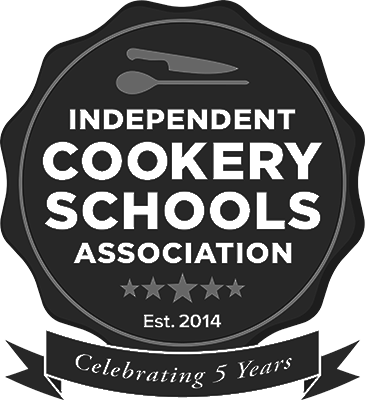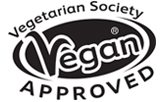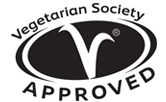Vegetarian Society Cookery School intern, Mollie, shares the highs and lows of studying vegan nutrition at university.
I’ve always loved cooking so I knew I definitely wanted to study food in higher education, and I wanted the added nutritional aspect so I’d have more practical options in my career. When choosing a university, I found that most food courses were heavily science based, however while the course I chose is a Bachelor of Science (BSc) degree, it had the more practical skills focus I was looking for. I’m now in my final year studying Food Development and Nutrition (BSc) at Liverpool John Moores University.
Inspired by the growing trend
When the Vegetarian Society Cookery School visited the vegetarian and vegan society at my university for a cooking demonstration, I was really intrigued. I found it so interesting to see cookery with a vegan focus. Many students in my class opted for non-vegan products and topics in assessments – a purely vegan world was new and exciting to me.
Veganism has been a growing food trend since I started university, and is so relevant to the food industry today; this has allowed me to focus my studies on veganism. My lecturers are very helpful in providing almost any ingredient we want which allows me to experiment with more adventurous vegan ingredients, such as date syrup or pea protein. There has been a lot of freedom on my course, which makes me very lucky. It’s because of this I’ve been able to focus on vegetarian and vegan food ever since my very first assessment.
Not suitable for vegans
However, many of the nutrition-focused assessments on the course have not been ‘vegan friendly’ as the information we use is heavily based on typical western diets including lots of meat and dairy. This requires some creativity so that I can find plant-based sources as alternatives for certain nutrients, but I welcomed the challenge. It’s because of these obstacles that I chose veganism in nutrition as the topic for my dissertation; researching vegan diets and peoples’ choices to use supplements and fortified foods as a way to meet micronutrient targets. From my research, I soon learnt how important certain micronutrients are in vegan diets.
Nutrition courses and teaching need to be more inclusive as veganism grows in popularity. Without correct understanding of the vegan diet, nutritional professionals won’t understand how the needs of vegans differ to those of meat-eaters, and what they can do to help. As nutrition courses are at the moment, excluding animal products from a diet can appear as an unhealthy diet, but this isn’t the case at all.
Life at the Vegetarian Society Cookery School
I really enjoyed my time working at the Vegetarian Society Cookery School; everyone made me feel so welcome and I really felt like part of the team. Sam, the Cookery School Manager, made sure I got to experience different areas of the cookery school. I shadowed cookery tutor, Maz, in two busy courses; one with a scout group making vegan quesadillas (which were delicious!), the other was a fully booked ‘The Junk Food Vegan’ course. While both of these were very busy, I learned so much about engaging with the students and the importance of preparation. I also assisted the Principal Tutor, Alex, on a quieter course all about spring seasonal produce. This course was more relaxed and social, with lots of yummy dishes created too. It was great to see these different teaching styles.
I also got to experience office life at the Vegetarian Society, doing research tasks and getting the opportunity to write some content for the magazine. I found this a challenge, as the only writing I had done before was for university reports or essays, but I’m excited to see my work used both online and in print! I had a great experience at the Vegetarian Society as I got a flavour of the variety of courses they offer, and it helped me see lots of different options for my career path!






